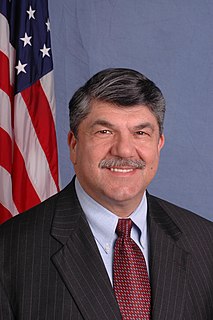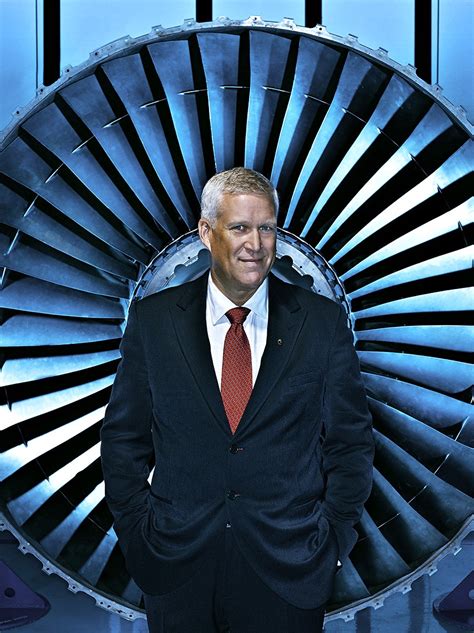A Quote by Ben Rhodes
While the TPP - like any trade deal - is a subject of vigorous debate, its benefits are clear. The TPP will open markets and bring down barriers for American businesses in the world's largest emerging market, creating jobs at home.
Related Quotes
The TPP is another corporate-backed agreement that is the latest in a series of trade policies which have cost us millions of decent-paying jobs, pushed down wages for American workers and led to the decline of our middle class. We want American companies to create decent-paying jobs in America, not just low-wage countries like Vietnam, Malaysia or China. The TPP must be defeated.
During the debate over NAFTA President Clinton said, 'I believe that NAFTA will create a million jobs in the first five years of its impact.' WRONG. According to the Economic Policy Institute, NAFTA has led to the loss of more than 680,000 U.S. jobs. I voted against NAFTA and other bad trade agreements and am fighting to stop the TPP.
All the things that Hillary Clinton has changed. OK, she used to be strong at the border. Now everyone could stay. She used to have a crime bill; "sorry about that." She used to be for welfare reform. That was a big mistake. "Libya wasn't my job; it's Barack Obama's." The TPP was the - was the gold standard for trade deals. "I hate the TPP." So she changed on everything. What is she voting for, who are you voting for? What are we doing here? She's going to win it just on recognition.
TPP replicates similar language from past trade agreements that has allowed foreign corporations the right to challenge U.S. federal, state, and local laws outside of American courts. These tribunals will not meet our high standard of transparency and due process, and they will rely on weak impartiality rules for selecting judges.

































